Students prepare for 3-Minute competition
Winner will get $1,500 scholarship; second place will get $1,000; third will get $500
K.J. Nitthilan, graduate student, talks about the Voiland College of Engineering and Architecture 3-minute Thesis competition which will take place March 5.
Discussing a power system that shifts electricity into a consumer service like Uber or Airbnb is complex for a graduate student, even more so when it needs to be discussed in only 180 seconds.
Monish Mukherjee, Electrical Engineering and Computer Science graduate student, said he and other students with their own projects will take on that task during the Voiland College of Engineering and Architecture 3-Minute Thesis competition on March 5.
“Summarizing the whole power system of economics in a minute is really challenging,” Mukherjee said. “Then I have to show that this is feasible and what are the benefits of this system.”
He said his research attempts to make electricity more consumer friendly because it turns electricity into a neighborly service.
Just as a homeowner can rent out space in an Airbnb or a driver can offer transportation for others through Uber, this proposed system allows electricity users to transfer their own service to others on a small appliance scale, he said.
“We’re trying to move to the future where there’s like an Uber for electricity,” he said.
Under this system, consumers would be able to transfer electricity to larger power grids or other people, either to sell or to buy depending on what is economically feasible., he said.
Joining Mukherjee in the Voiland College Qualifying Event will be two other EECS graduate students, K.J. Nitthilan and Rahul Jma.
The winner will advance to the university-wide competition on March 28 and receive a $1,500 scholarship for fall 2020 according to Voiland’s 3-Minute Thesis website. The contestant who finishes in in second place will receive a $1,000 scholarship and third place will receive a $500 scholarship for fall 2020.
Nitthilan said the competition is more about the opportunity to present his research, rather than an event he is actively trying to win.
“It’s prestigious, yes,” he said. “This is an opportunity for me to present my research to a wider audience, doing well in the competition is secondary.”
Mukherjee said he feels a similar way to Nithilan in how he is approaching the competition. He is somewhere in between 30 and 40 percent interested in winning and moving on in the competition.
“It is extremely important [to talk about research],” Mukherjee said. “It’s a self-boost that says ‘Okay the work I’m doing is actually going to make an impact.’”
Nitthilan will be presenting his thesis on “iCoDe,” software research he is conducting which will reduce the energy output of computer and mobile apps with high energy outputs. The slogan in his presentation is “Keep it Cool iCode.”
“These algorithms [on the apps] are not simple, they usually heat up the device,” he said.
Nitthilan said his presentation will discuss his research on how to keep the devices cool and use less energy which increases battery life for computer and mobile devices.
The challenge with delivering a three-minute thesis is that he cannot be technical in his presentation, he said.
“To make it something relatable for everyone, I think that is what I am trying to do,” he said.
According to the WSU’s 3-Minute Thesis website, the event began at the College of Education in 2014. It became a university-wide competition the year after and has been held annually since.
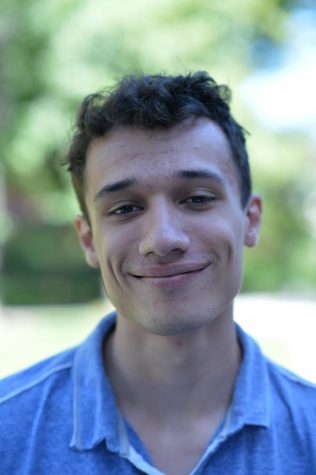
Jakob Thorington is a spring 2020 graduate who majored in journalism and media production at WSU. Thorington loves sports, film and video games.

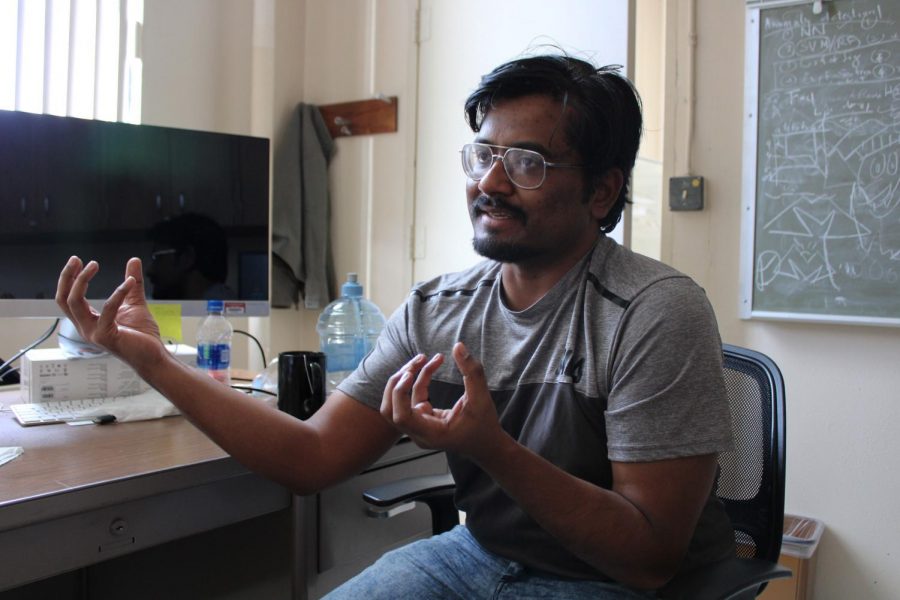
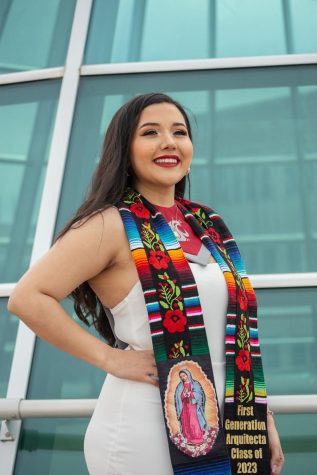

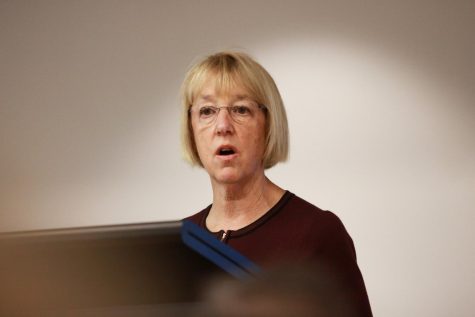
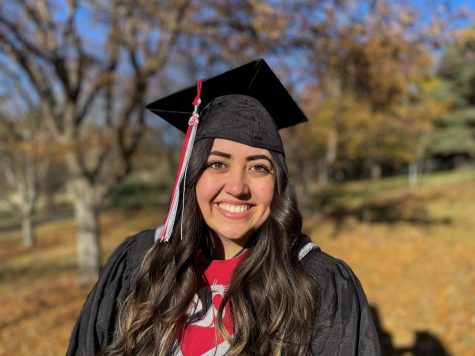
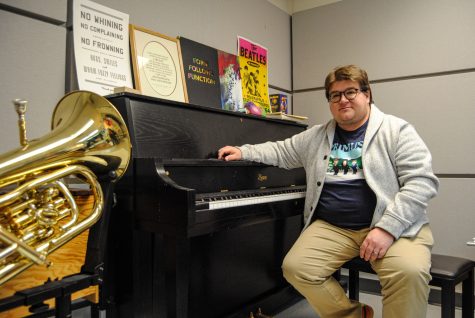
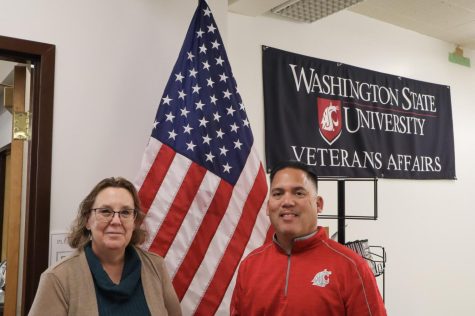
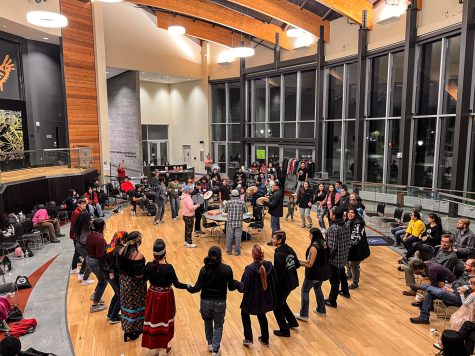
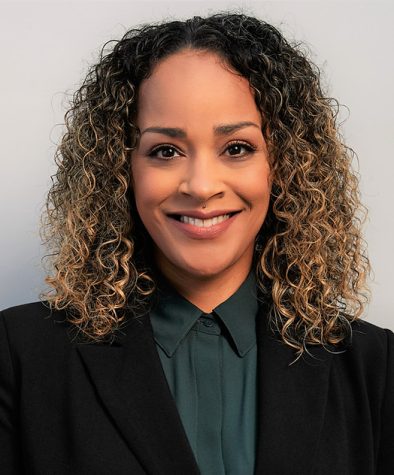



Okuse Marvellous • Mar 4, 2020 at 6:46 am
Nice post. I used to be checking constantly this blog and I’m impressed! Very helpful information particularly the closing part I take care of such info a lot. I used to be seeking this particular info for a long time. Thank you and good luck, I don’t know if you can make an article about
zamob.